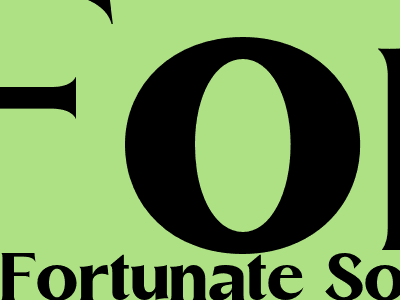Understanding Fortunate Son: A Detailed Explanation
The Background of the Fortunate Son
The term "fortunate son" emerged during the Vietnam War era, used in a 1969 hit song by Creedence Clearwater Revival. It refers to privileged individuals who avoided military service despite the draft and skepticism of the war.
Political and Social Context
The Vietnam War, known for its divisions within the U.S., raised concerns about equity in conscription. Many young men from lower socioeconomic backgrounds were drafted, while others found ways to defer or avoid service.
Draft Evasion Tactics
Various tactics were employed to avoid the draft, including claiming medical exemptions, joining the National Guard, or leaving the country. Those with family wealth or connections often had access to these options, leading to accusations of inequality.
Socioeconomic Disparities
The conflict over the draft highlighted socioeconomic disparities in the U.S. Many working-class and minority communities bore the brunt of the war's burden, while affluent individuals often found ways to escape military service.
Low-Income and Minority Service
Young men from low-income backgrounds and minority groups were disproportionately represented in combat roles. This disparity raised questions about the fairness of the draft and the war itself.
Cultural Impact
The term "fortunate son" became a symbol of the perceived privilege and unfairness in the Vietnam War. It has since been used to criticize power structures and socioeconomic inequalities beyond the war context.
Creedence Clearwater Revival's Influence
Creedence Clearwater Revival's song "Fortunate Son" played a significant role in popularizing the term and capturing the sentiments of anti-war protestors and those who felt marginalized by the draft.
Modern-Day Implications
The concept of a "fortunate son" remains relevant today, raising questions about privilege, equity, and the responsibility of those with advantages in society.
Social Justice Movements
Social justice movements continue to address issues of socioeconomic disparities and unequal access to opportunities, often drawing on the experiences of the Vietnam War and the term "fortunate son."
Conclusion
The concept of "fortunate son" is a complex and enduring symbol of privilege, inequity, and the challenges of war. It continues to resonate in modern-day society, highlighting the need for equity and a fair distribution of burdens and benefits.

Comments